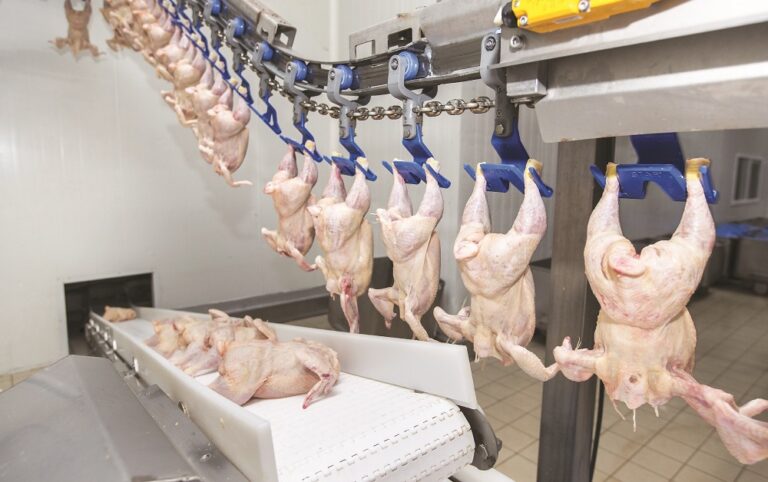The British Meat Processors Association has written to the Home Secretary James Cleverly to outline the damage to the UK meat and wider food industry that the new £38,700 immigration rule will cause.
A salary of £38,700 for butchers from overseas represents a 49% increase in current salary levels which sit around £26,200 for a worker in the UK. BMPA chief executive Nick Allan said this would spark a raft of Equal Pay Claims under the Equality Act 2010, as existing British workers have a legal right to demand to be paid an equal salary for the same work as their newly arrived overseas colleagues.
Firms are already working to margins around of 2%, Allan said, and therefore couldn’t absorb the additional costs. Instead, it will stoke food price inflation and be passed on to the British consumer.
In his letter Nick Allen explains: “Unfortunately, there is a perception that UK businesses utilise migrant labour as a “cheaper option” to UK-based labour. This is simply not the case. The skilled worker route offers our industry access to labour that we are unable to source within the UK and is already at a significantly higher cost than recruiting a UK-based worker.”
If companies can recruit neither British nor overseas workers they’re left with two choices – contract their business and reduce the amount of food they produce, or import more from abroad. Either way the UK farming industry would take a long-term systemic hit, Allan added.
“Initially we would see animal welfare issues as livestock starts backing-up on farms with not enough processing workers to handle the volume. This would cause farmers to produce less over time, and many would go out of business,” he said.
“We therefore ask that the Home Office ask the Migratory Advisory Committee to add butchers onto the Immigration Salary List, which would mean that they could apply the lower salary thresholds. This would still mean an overseas worker would be earning £30,960 which is a considerable increase from the current £26,200. Even this lower increase in the threshold will have a damaging impact for the businesses that have to find the extra money and will stoke food price inflation as higher overhead costs are passed-on.”


